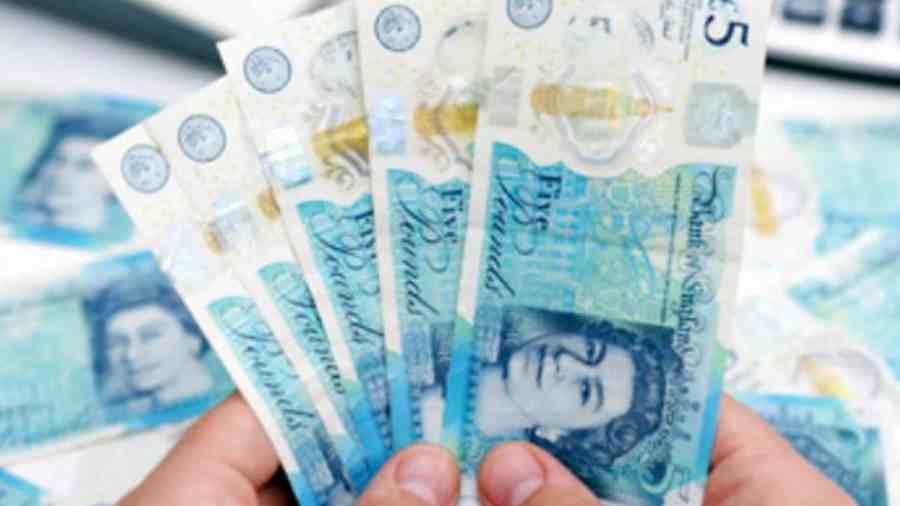The market’s resounding rejection of the new British government’s plans for tax cuts and borrowing continued Monday as the pound briefly fell to its weakest level against the US dollar on record. After a historically bad day on Friday, the British currency plunged as low as $1.035 in the early hours of Monday morning, before recovering to about $1.08, down 0.5 per cent for the day. It also weakened slightly against the euro.
On Monday, prices for British government bonds plummeted, and yields surged, sending borrowing costs to new highs. The 10-year yield, which influences mortgages, business loans and other types of debt, hit its highest level in more than a decade. It traded at around 4.15 per cent on Monday, double where it was a month and a half ago.
As traders dumped British assets, analysts have said the government’s plan to quickly grow the economy through deregulation and tax cuts, which will require tens of billions of pounds in additional borrowing at a time of rising interest rates and high inflation, was a gamble. On Friday, Kwasi Kwarteng, who has been chancellor of the exchequer for about three weeks in Prime Minister Liz Truss’s new government, announced a series of cuts to income taxes, reduced levies on home purchases and scrapped a plan to increase the corporate tax rate.
There were dozens of other policy measures, which come on top of an expansive, costly plan to cap the cost of electricity and gas for households and businesses. Despite the breadth of new measures, the government did not have the Office for Budget Responsibility, an independent watchdog, to assess the policies and provide updated economic and fiscal forecasts. “It was the lack of reassurances about fiscal responsibility that tipped the market over the edge,” said Jane Foley, a strategist at Rabobank.
(New York Times Service)











